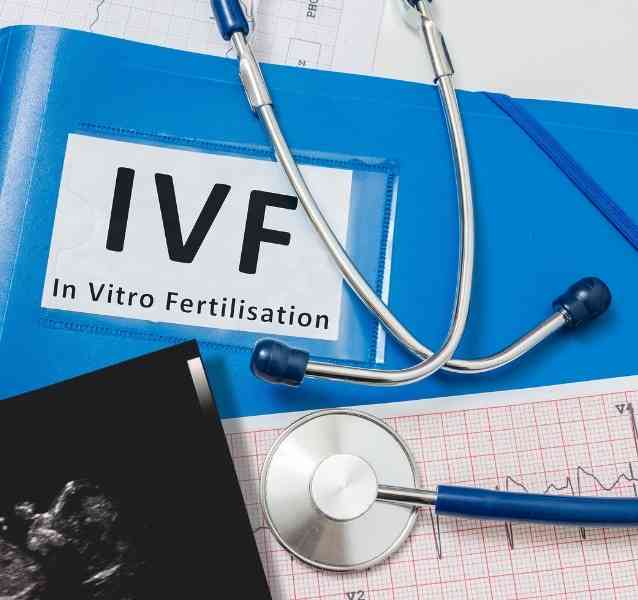Infertility


Infertility is defined as not being able to become pregnant even after trying to conceive for more than a year. With changing lifestyle and pre-morbidity around 15% of married couples suffer from infertility issues.
Reduced ovarian reserve, endometriosis, ovulation disorders, uterine abnormalities, tubal illness, and unexplained infertility are significant factors for women infertility.
Both hypothalamic-pituitary dysfunction and anatomic testicular abnormalities and dysfunction can cause spermatogenic issues in males, leading to infertility.
Best Infertility Treatment Guidance in Ahmednagar
The correct diagnosis of the cause for infertility and timely counselling is very important before opting any treatment plans. Dr. Hrishikesh Pandit will expertly guide you to find the cause and will suggest the best treatment plans for you. They could entail procedures like ovarian induction, intrauterine insemination, in-vitro fertilization, embryo freezing etc.
To consult Dr. Hrishikesh Pandit, Click Below,

Dr. Hrishikesh Pandit : Best Infertility Treatment in Ahmednagar
FAQ
You should consult a doctor during the first 6 to 8 weeks of your pregnancy, or when your period is 2 to 4 weeks late.
If your contractions are 5 minutes apart, lasting for 1 minute, for 1 hour or longer, it’s time to head to the hospital.
Doctors recommend an infertility evaluation if you have not gotten pregnant after 1 year of having regular sexual intercourse without using birth control. If you are older than 35, an evaluation is recommended after 6 months of trying.
Yes, You can. But most babies need 39 weeks to develop fully. Induced or planned delivery before that time—without a valid medical reason—is not in the best interest of the baby or the mother. After 39 weeks you can plan delivery.
Women who are 21 to 29 should have a Pap test alone every 3 years. HPV testing alone can be considered for women who are 25 to 29, but Pap tests are preferred. Women who are 30 to 65 have three options for testing. They can have a Pap test and an HPV test (co-testing) every 5 years. They can have a Pap test alone every 3 years. Or they can have HPV testing alone every 5 years.
Laparoscopic hysterectomy is a safe and suitable procedure for chosen patients. It affords patients advantages like less peri-operative morbidity, better life quality, shorter hospitalization time, and faster return to activity.
Schedule a doctor’s visit if you have: Greenish, yellowish, thick or cheesy vaginal discharge; Strong vaginal odor; Redness, itching, burning or irritation of your vagina or the area of skin that surrounds the vagina and urethra (vulva); Bleeding or spotting unrelated to your period.
Painless delivery can be achieved using a form of regional anesthesia that provides pain relief during natural labor. Epidural anesthesia is administered through an injection on the lower back of the mother. The drug takes about 10-15 minutes to take effect.
Even in severe cases of endometriosis, most can be treated with laparoscopic surgery. In laparoscopic surgery, your surgeon inserts a slender viewing instrument (laparoscope) through a small incision near your navel and inserts instruments to remove endometrial tissue through another small incision.
The HPV vaccine is recommended for routine vaccination at the age of 11 or 12 years. (Vaccination can be started at age 9.) It is also recommended that vaccination for everyone through age 26 years if not adequately vaccinated when younger. HPV vaccination is given as a series of either two or three doses, depending on age at initial vaccination.
